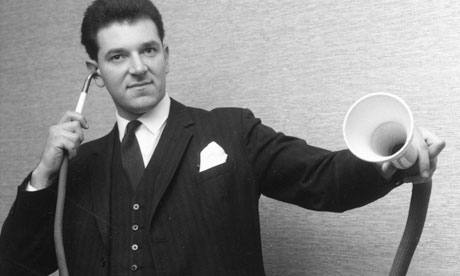lecture by Timothy Morton (US)

We’ve all heard earworms, those irritating tunes or parts of tune that seem to live rent free in our heads. Why do they do that? Answering that it’s because they are so compelling begs the question. How and why are they so compelling? In this talk I’m going to explore the strange, loopy logical structure of earworms, and explain why it’s better not to try to get rid of them, but rather to coexist with them and possibly embrace them.
A sentence has its own logical DNA, and is mind independent. It is a kind of entity, an “object” in the terminology used by Object-Oriented Ontology. Likewise, a sentence has its own grammatical, syntactical and sonic genome. In this sense, a sentence is like a virus. Viruses are chronologically subsequent to bacteria, in evolutionary time. But they are logically prior, since they encapsulate the strange loop that exists between a physical system and a semiotic one.
In the same way, what is called a riff (sruti, lick, chop) has its own logical, semiotic and physical DNA. A sound, considered in this sense, is like a virus—which is why the term earworm is highly appropriate. We could think of ideas as viral structures for which minds are vectors. In the same way, earworms are spread by humans and other related vectors, such as MP3 players. Riffs are logically prior to the tunes (and so on) in which they find themselves.
This means that distinctions such as natural/unnatural, sound/noise and so on fail when subjected to enough analytical or musical pressure. This failure is not due to the fuzziness of (human) perception or subjectivity, or the context in which sounds appear. This failure has to do with the deep ontological structure of entities as such: they are riven from within between what they are and how they appear, even to themselves.
It is better to think sounds as entities in their own right, coexisting in an ecology of sonic hosts and parasites, in which the host/parasite distinction is neither thin nor rigid. My talk examines the implications of thinking this way. Ambient phenomena are an ideal way to probe this thought.
appearance at Tuned City
Brussels / Operative Atmospheres – 30. June 2013